Multiple identities in the Georgian period
July 22, 2020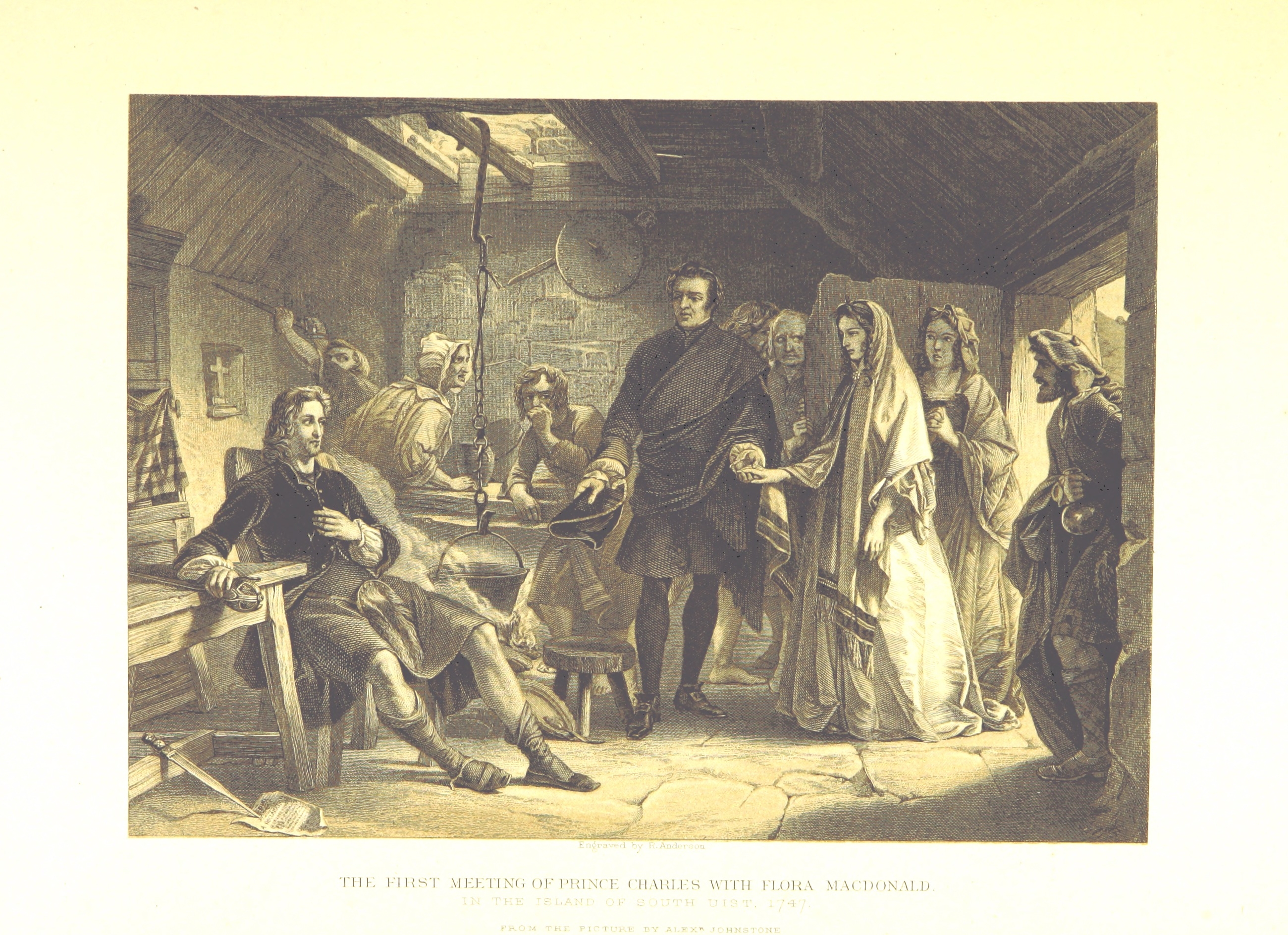
Samantha Callaghan, Metadata Analyst, King’s Digital Laboratory To support collaborative work on the Georgian Papers, a Collaborative Workspace for the Programme is currently under development by King’s Digital Lab. The Workspace aggregates images, catalogue records and transcriptions and offers additional ways to augment the metadata provided by the Royal Archives. Augmentation is achieved through subject …
Transcribe the Medical Papers of George III
November 5, 2019
In coordination with Georgian Papers Programme London event Mental Health and the Georgian World, the GPP transcription site, Transcribe Georgian Papers released three George III medical collections to transcribers. In this post we highlight the three collections, and provide transcription tips – George III medical papers George III’s medical papers primarily cover the Regency era, …

The William & Mary Libraries have been awarded a $100,000 grant from the National Endowment for the Humanities (NEH) to support their work with Transkribus, a handwritten text recognition platform. Currently, library staff and student workers use Transkribus to transcribe materials for the Georgian Papers Programme. Transkribus is a computer program which eliminates the need …
The GPP and Digital Humanities
March 15, 2019
On 12 March 2019 the Georgian Papers Programme delivered a seminar in the series run by the Digital History seminar at the Institute of Historical Research in London which was livestreamed on YouTube. Samantha Callaghan, Patricia Methven and Arthur Burns discussed and took questions about the importance of metadata and the plans for developing …
Video: The Georgian Papers Programme and Digital Humanities
March 13, 2019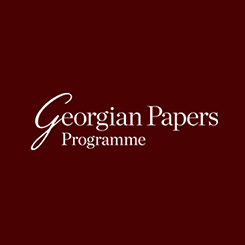
The GPP project team explores new ways of working and collaboration between archivists, academics in various humanities disciplines and digital humanists in order to maximise opportunities. In this talk, a historian, an archivist and a digital humanist from the project will jointly explore the challenges and opportunities the project presents.
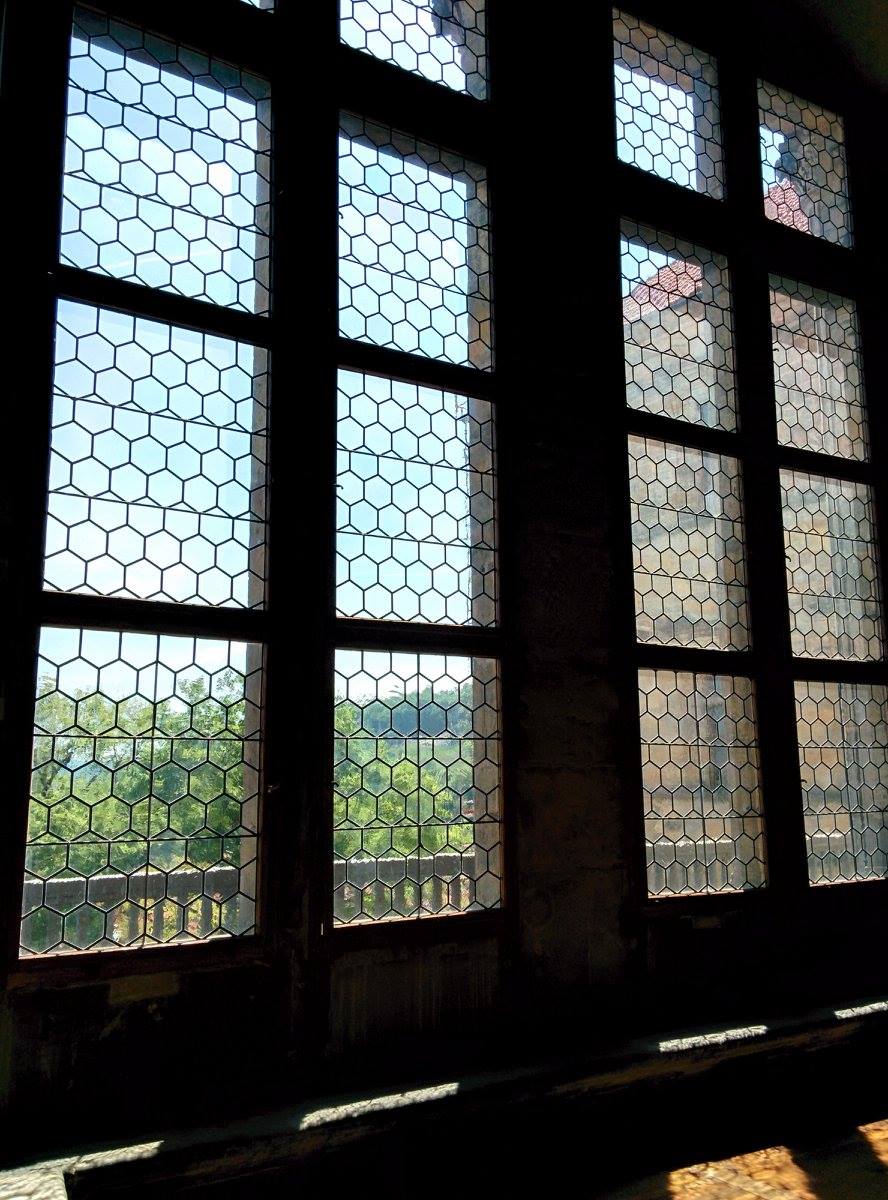
Samantha Callaghan, Metadata Analyst, King’s Digital Laboratory Early Modern Collection Catalogues: Open Questions, Digital Approaches, Future Directions was a workshop held at the British Museum, 15-16 February 2018, and intended to outline and discuss some of the issues that the Enlightenment Architectures: Sir Hans Sloane’s Catalogues of his Collection research team had encountered during their …
Gender and the Georgian Papers
February 5, 2018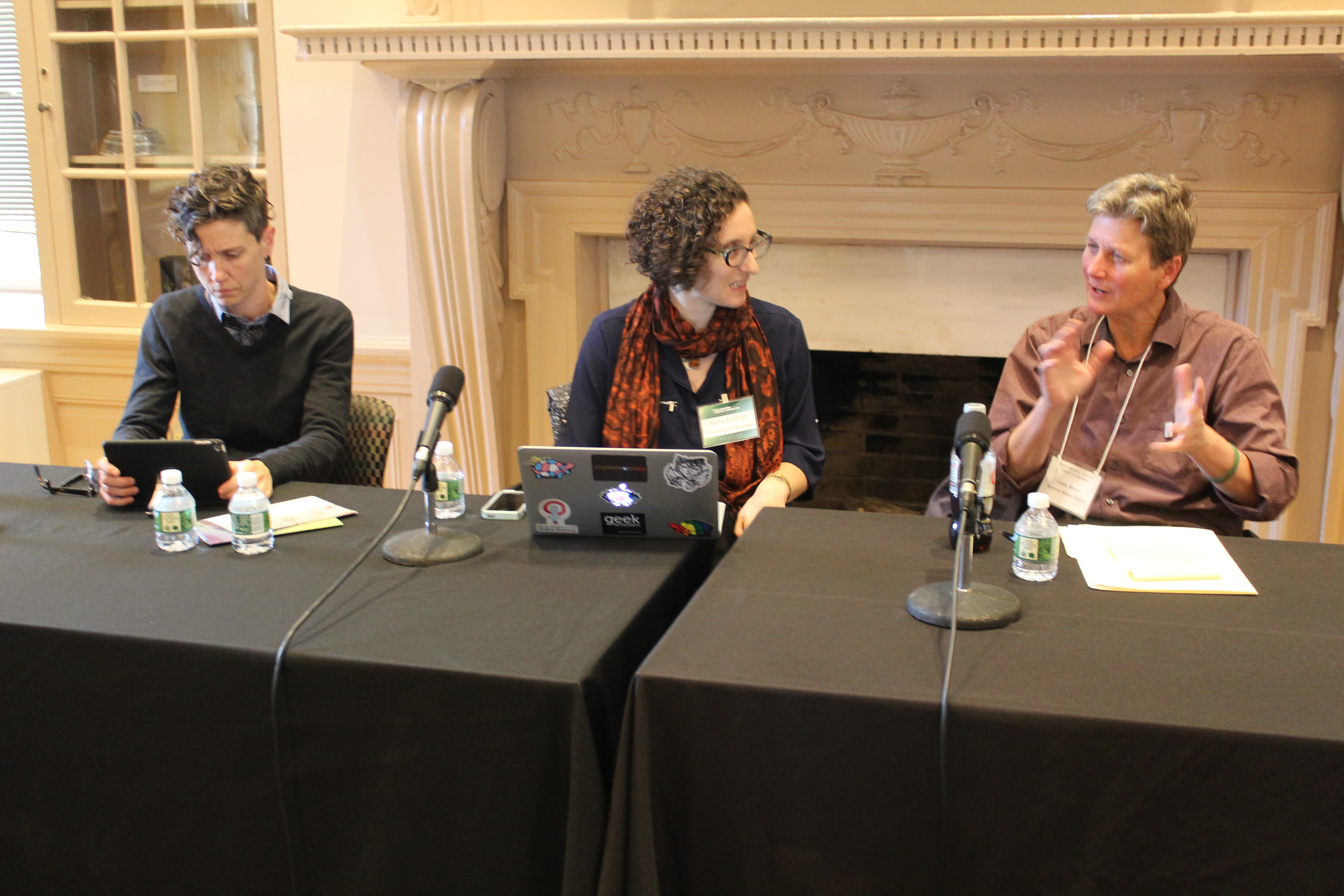
Samantha Callaghan, Metadata Analyst, King’s Digital Laboratory What information do we need to know about someone so that we are easily able to tell them apart from someone else if they were described to us? Name, age, where they were born? If both people have the same name, for example, J. Smith, and suppose they …
Reflections on Transcribing the Georgian Papers
September 12, 2017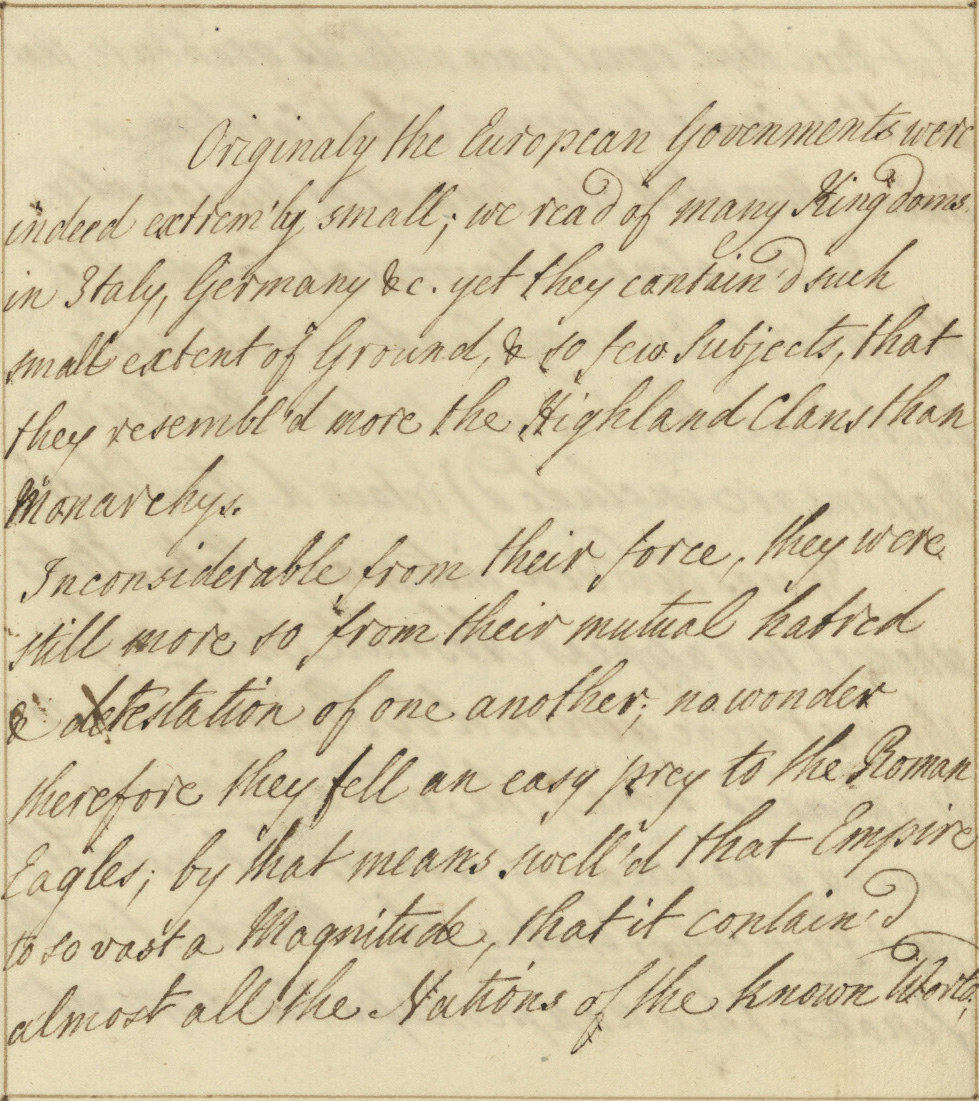
By Tom Murray, King’s Undergraduate Research Fellow, King’s College London I was introduced to transcription as part of the Georgian Papers Programme (GPP), and as such my transcribing experience is decidedly Georgian. Having transcribed a number of documents for the GPP, however, the value of transcription for historians has become manifest. Admittedly, there remains nothing …
Practising monarchy: using digital history to rethink Queen Victoria
January 22, 2017
Lee Butcher is a Collaborative Doctoral Award PhD researcher with King’s College London and English Heritage As a political historian and political geographer I am interested in how political practices, and institutions, develop over time, in place, and through space. My PhD research focuses on the role of the monarchy in Britain’s political development during …
Analog King in a Digital Age
January 21, 2017
by Karin Wulf See also: What Digital Does: Queen Charlotte Online King George III’s prodigious intellectual curiosity is reflected in his stunning collections of clocks and scientific instruments, his library, and his writing. When we convert this very analog King to digital form, what do we gain? In one of the most poignant examples of …
